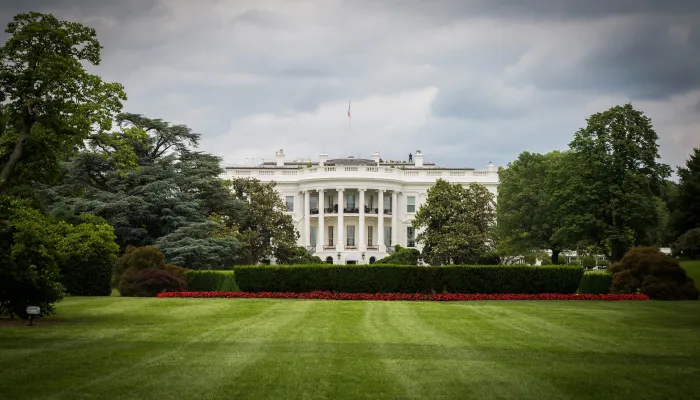Op-Ed: Budget Deal is Just a Start
Los Angeles Times | December 16, 2013
The budget agreement reached by the House and Senate this week is a small step forward in restoring some sanity and order to the process. By putting in place a bipartisan plan for the next two years, the agreement represents a much-needed improvement over the uncertainty of governing by crisis that has dominated fiscal policy the last several years.
But the fundamental fiscal challenges we identified in the 2010 report of the National Commission on Fiscal Responsibility and Reform, and the need for reforms of entitlement programs and the tax code, go unaddressed.
The agreement will put in place a slightly more rational fiscal policy — by replacing a portion of the abrupt, mindless across-the-board cuts in discretionary spending resulting from sequestration with smarter and somewhat more permanent cuts, and with reforms to mandatory programs.
The deal also takes some modest steps in addressing long-term fiscal liabilities by adopting scaled-back versions of policies we recommended, such as reforming civilian and military retirement benefits and reducing the unfunded liability facing the federal Pension Benefit Guaranty Corp.
Perhaps most important, this agreement demonstrates that leaders in Washington can actually work together to reach some agreement on fiscal policy. The sad lack of trust between the two parties has been perhaps a greater obstacle to a "grand bargain" than the policy details themselves. We hope that this agreement can serve as a confidence-building measure that will lead to compromise on significant deficit reduction, as other lawmakers follow the good example set by House Budget Committee Chairman Rep. Paul D. Ryan (R-Wis.) and Senate Budget Committee Chairwoman Patty Murray (D-Wash.).
But the agreement also represents another missed opportunity to address our long-term fiscal problems. Doug Elmendorf, director of the Congressional Budget Office, recently warned that despite some improvement in the budget outlook, "the fundamental federal budgetary challenge has hardly been addressed." There is nothing in this agreement that would change that assessment.
The small reforms in this agreement do not address the real long-term drivers of our debt, including the growth of healthcare entitlement programs and Social Security's funding shortfall. We still desperately need to reform the tax code, which is riddled with trillions of dollars in economy-distorting loopholes. The agreement also leaves in place sequester cuts that could have adverse effects on economic productivity and military readiness.
With this agreement, Congress has exhausted nearly all of the easy choices available. That leaves only tough choices for future deficit reduction or sequester replacement, which are critically necessary to keep entitlement programs affordable and the economy vibrant.
Reforms to entitlements and the tax code need not wait for the next election.
Policymakers should take advantage of the need for legislation to fix the flawed Medicare payment formula — which is scheduled to cut physician payments by almost one-quarter — by enacting changes that make Medicare more cost-effective. In avoiding this cut, we must start paying doctors based on quality rather than quantity of care, and we must fully offset the costs of this "doc fix" with structural reforms that slow the rate of growth in federal healthcare spending.
At the same time, Congress should follow the lead of Senate Finance Committee Chairman Max Baucus (D-Mont.) and House Ways and Means Chairman Dave Camp (R-Mich.) to enact comprehensive tax reform that promotes growth and makes the U.S. more globally competitive globally. With $1.3 trillion of annual "tax preferences" in the tax code, there is plenty of money that can be raised from eliminating or scaling them back to reduce rates and deficits.
Policymakers should also go further in paring back the sequestration cuts. They should pay for that additional relief by eliminating unwarranted subsidies and low-priority spending, further reducing Medicare costs and improving the way we measure inflation in the federal budget and tax code.
Finally, we must reform Social Security to make the program financially sound for future generations.
We are pleased the two sides have proved they can find common ground on a small agreement. Now they have to "get crackin'" and come to grips with difficult challenges to solve our nation's grave long-term fiscal problems and put the budget on a fiscally sustainable course.
What's Next
-
Image

-
Image

-
